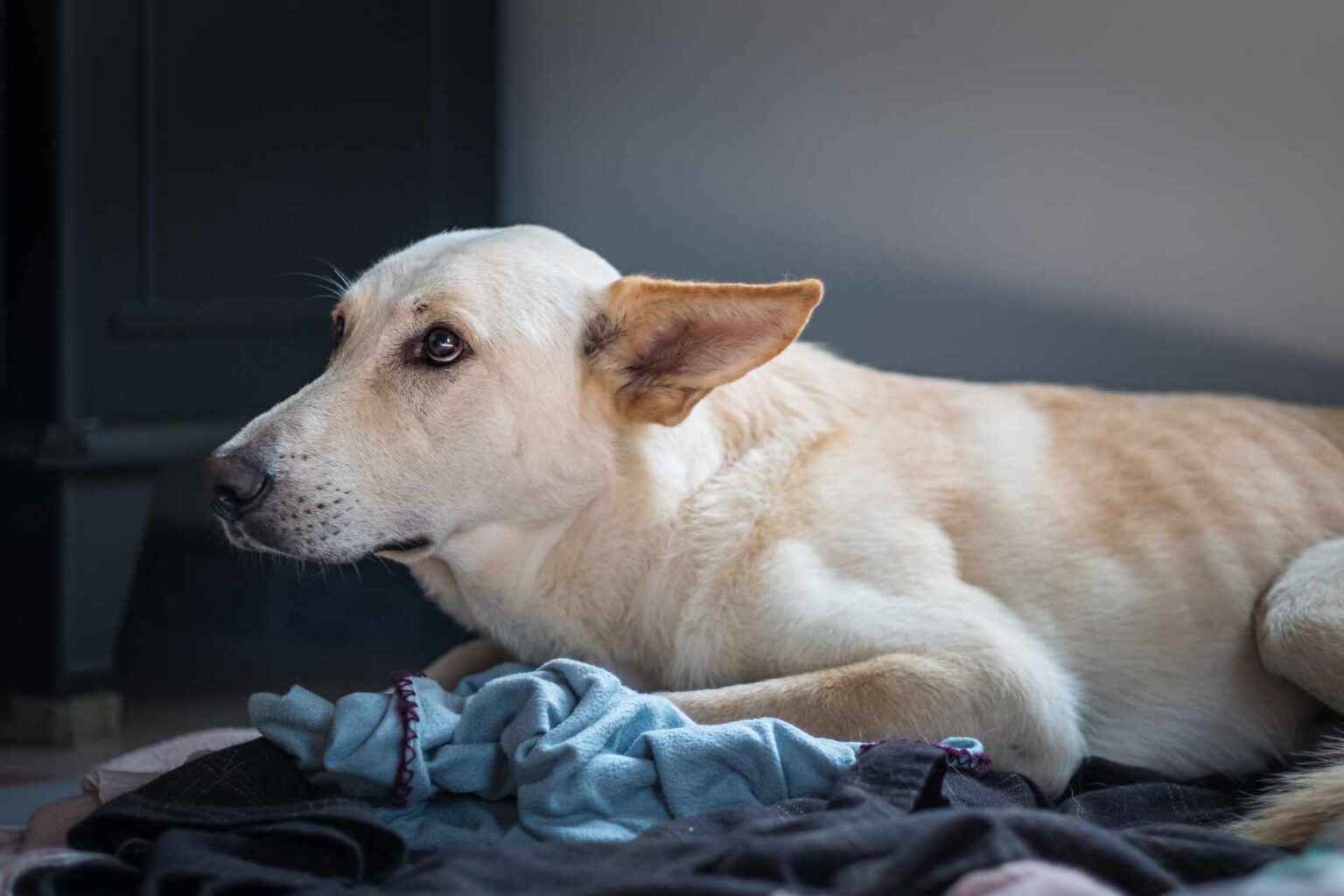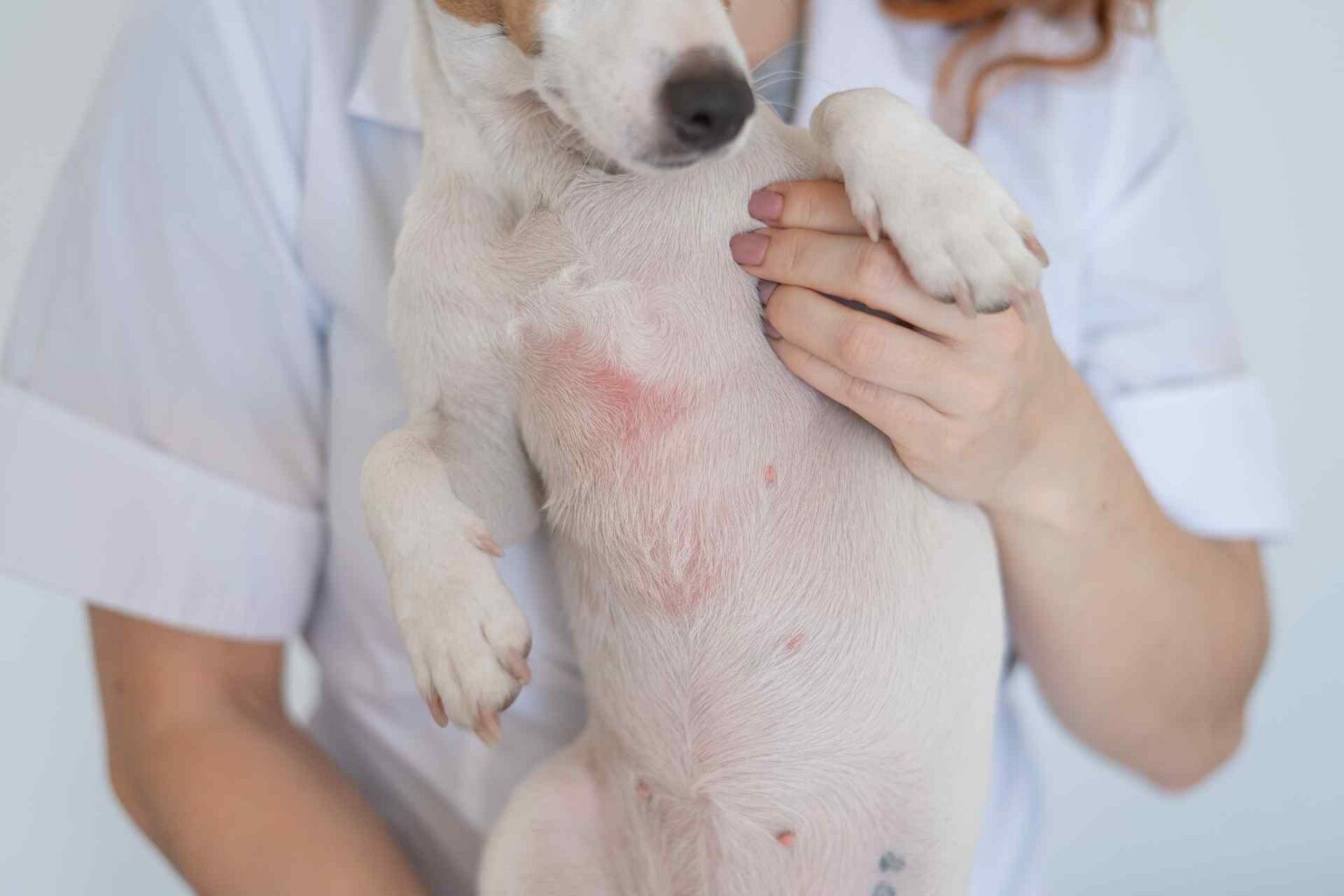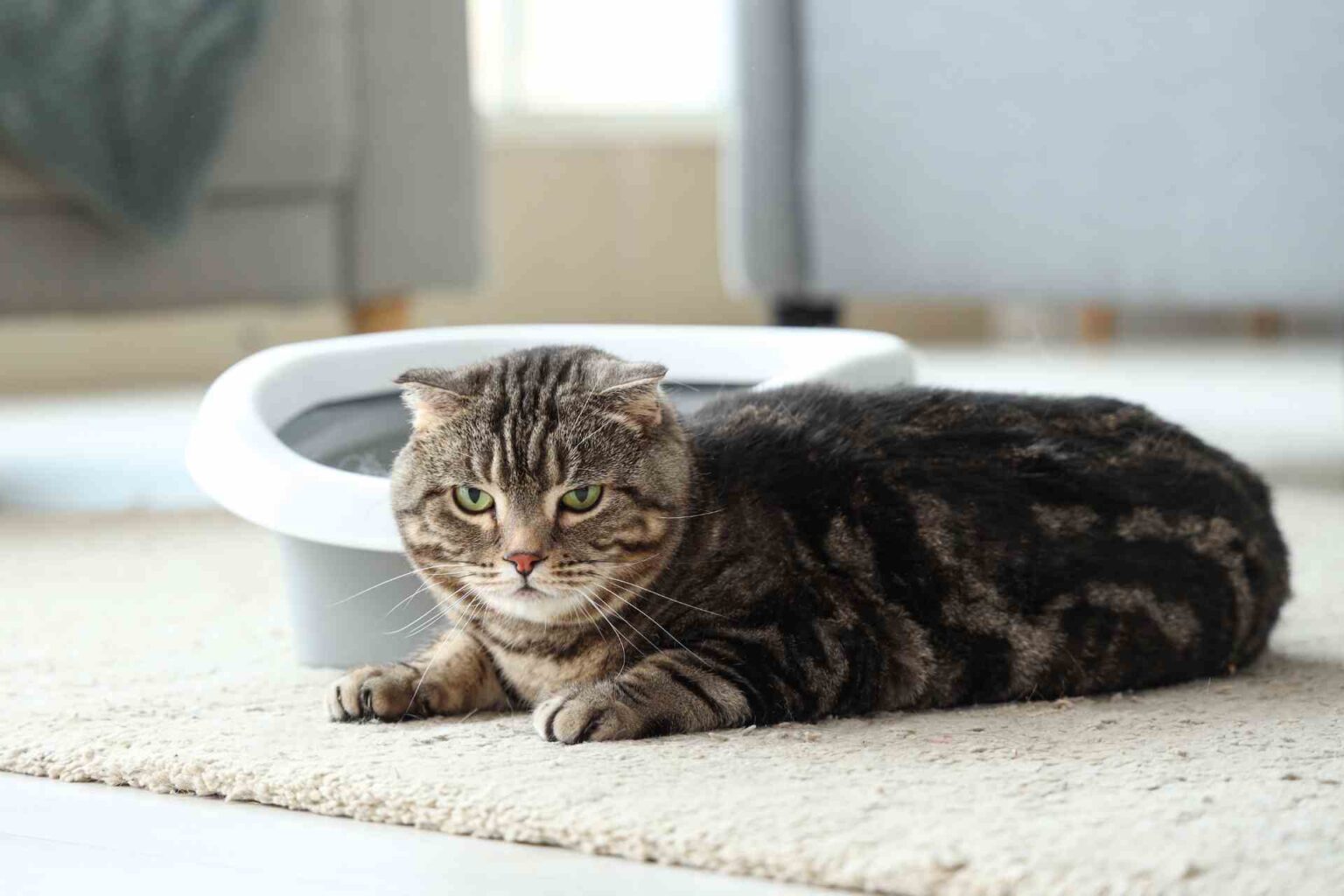In both humans and animals, several studies have provided indications that the gut microbiota is involved in the development of atopic dermatitis. A review takes stock of what is known to date
When it comes to allergies, the common perception is that the prevalence of these diseases is increasing both in dogs and in humans.
However, while available data seem to confirm this trend for humans, for allergic diseases affecting dogs there is no firm indication of prevalence and incidence.
Allergic diseases, particularly atopic dermatitis, in the human and canine forms show several common features. In particular, there is great interest in the role of the microbiota of the gastrointestinal tract in the pathogenesis of atopic dermatitis.
A literature review took stock of current knowledge regarding the relationship between intestinal microflora and atopic dermatitis in humans and dogs.
The fundamental role of the gut microbiota
The bacterial microflora residing in the gastrointestinal tract of both humans and dogs is extremely diverse. Its contribution is critical in maintaining the structural and functional integrity of the gut and regulating the immune system; it is also an important element in processes that regulate immunity, contributes to protection against infection by enteropathogenic microorganisms, and provides nutritional benefits to the host. Therefore, alteration of the gut microbiota, i.e., dysbiosis, can lead to even serious health problems, not necessarily limited to the gastrointestinal tract.
Gut microflora and atopic dermatitis: what is known
Despite the important role and growing interest in the study of the gut microbiota, the precise mechanisms by which it exerts its effects have only been partially unraveled. Research to date, however, has provided indications regarding a close link between gut microflora and many factors involved in the pathogenesis of atopic dermatitis, such as immunity and inflammation, neuropeptide formation, metabolism, and the accumulation of blood lipids and fat.
In humans, differences in the composition of the fecal microbiota have been observed between healthy subjects and subjects with atopic dermatitis, and also between children who later develop atopic dermatitis and children who remain healthy; in addition, the use of systemic antibiotics has been correlated with an increased risk of atopic dermatitis. All these indications seem to suggest an involvement of the gut microbiota in the genesis of the disease, probably through stimulation of immune system cells.
In dogs, few data are available, but differences in the microbiome composition of healthy dogs and dogs with acute or chronic gastrointestinal diseases have been observed.
Atopic dermatitis can therefore be considered a possible manifestation of a systemic problem, involving not only dysbiosis but also increased intestinal permeability, which can occur even in the absence of gastrointestinal signs. In fact, impairment of the intestinal mucosa appears to play a role in the pathogenesis of atopic dermatitis in humans, while in dogs it is a risk factor for food allergies, which appear in a subset of specimens with atopic dermatitis.
Strategies for manipulating the microbiota of dogs
Given the close link between atopic dermatitis and bacterial microflora, modifying an atopic condition can be thought of as intervening in the gut microbiota. This can be done by eliminating certain foods from the diet, supplementing the diet with probiotics and prebiotics, optimizing nutrient intake and reducing stress, administering antibiotic therapy, preventing or correcting reduced stomach acidity, or through fecal microbiota transplantation.
A glimpse into the future
“Both humans and domestic animals have evolved over time to coexist with microorganisms. The idea that microbes only cause disease today seems outdated and too simplistic: destruction of the microbiota, in fact, can allow normally commensal or beneficial microorganisms to overgrow and become pathogenic,” comments the paper’s author. “In the face of the increasing incidence of antibiotic resistance phenomena, strategies based on the most advanced research data and a healthy diet could provide a nonpharmacological solution to many human and animal ailments, including atopic dermatitis.”
Reference
Craig JM. Atopic dermatitis and the intestinal microbiota in humans and dogs. Vet Med Sci. 2016 Feb 23;2(2):95-105.











